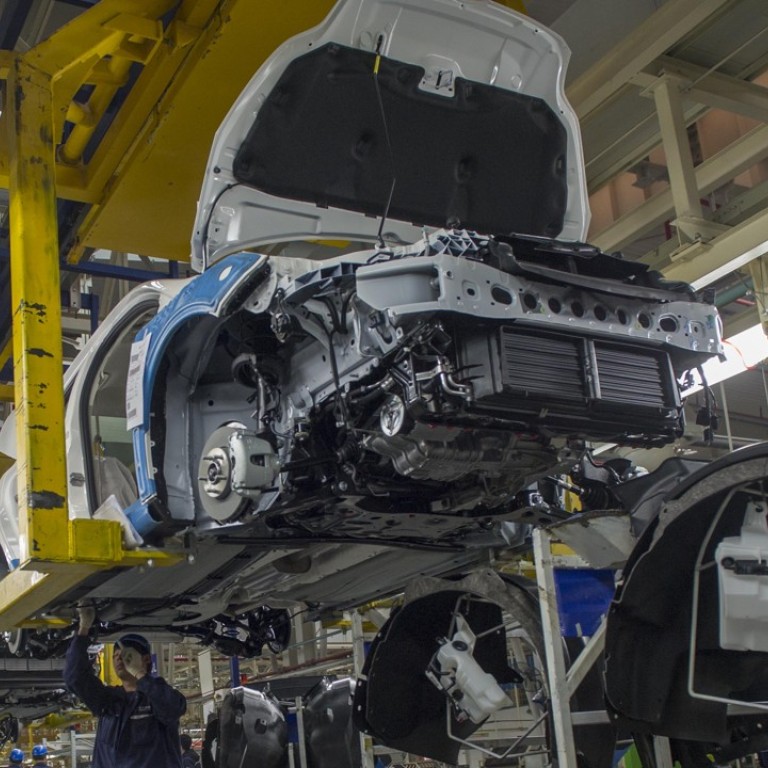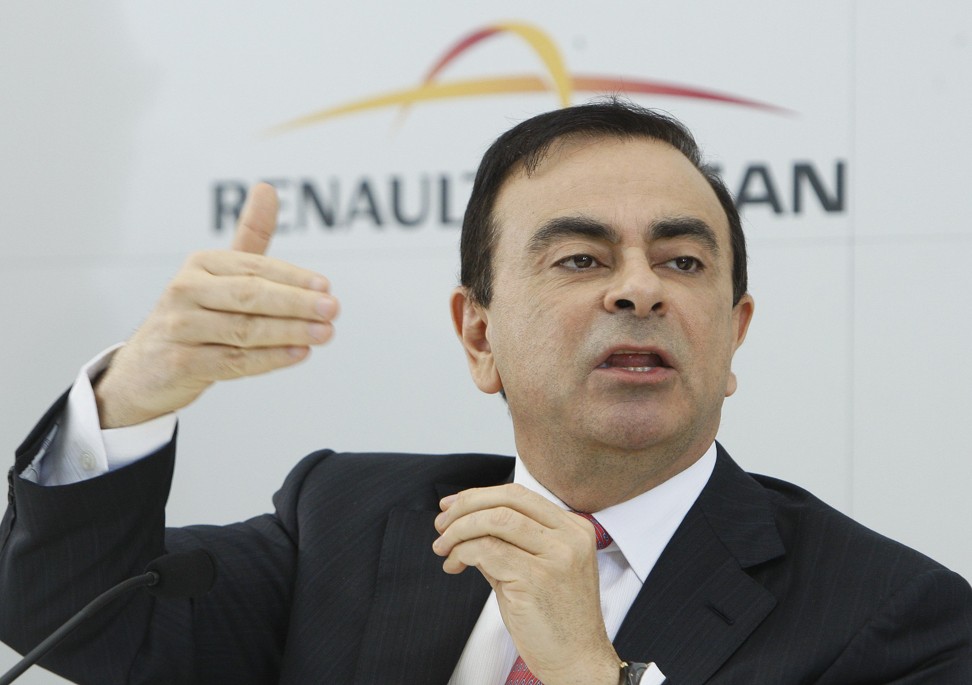
Big Bang in China’s automotive industry draws a shrug and a yawn from global carmakers
The Chinese government announced a fortnight ago the biggest liberalisation of the country’s automotive industry in decades, allowing global carmakers to operate wholly owned factories by 2022 in the world’s largest vehicle market.
So far, the industry’s Big Bang has drawn nothing more than a collective shrug and yawn from global carmakers assembled this week at the Auto China 2018, the largest industry trade show on earth. Not a single global carmaker - who all need a local partner to operate in China - showed any interest in raising their stakes, or going it alone.
The liberalisation “doesn’t change the plan,” said Ford’s Asia-Pacific President Peter Fleet, during an interview in Beijing. “We don’t see any direct impact from that [deregulation], in terms of an enormous change of direction on where we take the business.”

“The change of this rule allows [foreign carmakers] to know who are the partners who are solid, robust and mutually enriching,” said Carlos Ghosn, the chairman of the Renault-Nissan-Mitsubishi Motors alliance of carmakers, during an April 20 interview in Hong Kong. “Speaking for [ourselves], we selected our Chinese partners because they can give us what we couldn’t do ourselves, and we could give them what they couldn’t do on their own.”
Global carmakers are compelled to operate with a Chinese partner in their local assemblies, with a maximum of two local ventures in passenger and commercial vehicles, with exemptions for electric vehicles since 2017.
Still, the liberalisation is laudable for clarifying the rules, and offering global carmakers the chance to assess their partnerships, said Ghosn.
“We now have a choice, which will make our partnership more solid,” said Ghosn. Renault and Nissan both assemble cars in China with Dongfeng Auto, while Mitsubishi Motors makes cars with Guangzhou Automotive (GAC). “If you can still maintain the partnership in five years’ time [when the foreign ownership caps are lifted], it’s because the relationship is mutually beneficial, not because of a law.”
The relaxation may be good news for Tesla, which has been in talks with Shanghai’s authorities about setting up a wholly owned assembly at the Lingang New City. But local authorities were firmly against the plan without a local partner. For now, there is no immediate plan to set up a China factory yet, a senior Tesla production engineer said.
Ford is awaiting a regulatory approval for its joint venture with Zhejiang-based Zotye Auto. The new venture, its third in China, will produce small electric vehicles under a new alternative to Ford’s blue oval badge.
“I believe it should have one quite immediate upside for us,” Fleet said, stressing that the Chinese government’s announcement of further market liberalisation “should hopefully speed up” approval procedures for the new venture.


